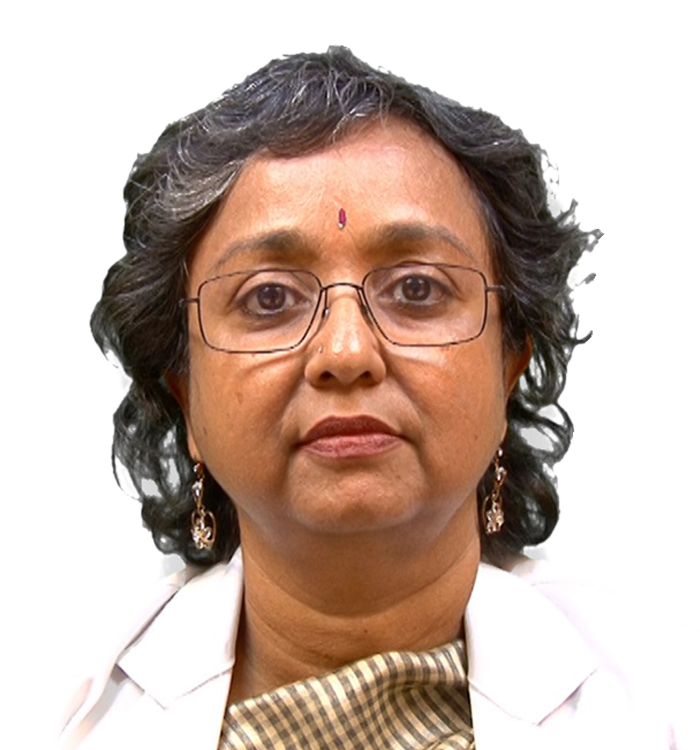Everyone is going to tell you that you have to study from Day 1 of your course and you have to be systematic. Most of you, however, will end up postponing studying for exams till the very end. So here are some tips to help ease the tension and anxiety associated with exam preparation.
Question bank:
Familiarize yourself with the question bank for your course, especially for the last 5 years. Questions may be repeated, with the words changed. Get to know how the marking is done for various components of the question. For example, the clinical presentation may be allotted 4 marks and management 6 marks in a question. It is important to write in greater detail for the management part.
Diagrams:
There is no point in looking at diagrams. It will be impossible to recall the finer details if you are not intimately familiar with the diagram. Practice drawing with the correct color codes in a separate notebook which you can revise before the theory paper.
Friends in need:
It is not uncommon for the theory paper to contain questions for which you may not find the exact answer in one place in a textbook. It is a good idea to divide such questions from past papers amongst friends and work to formulate the answers. These can be exchanged so that you have an answer bank too.
Stick it:
Most postgraduates have one set of books that form their main reading collection. As and when you come across important points from other sources, make notes on ‘sticky notes’ which can then be stuck inside your main textbook for ready reference. The same can be done for the electronic version of the books too.
Action time:
It is important to write at least one mock three-hour paper. This helps you understand how to pace yourself and devote time to all the questions. Pretend that the mock exam is the real thing. Practice drawing margins, underlining important points, draw proper diagrams. Make it a sincere effort and you will know what you are in for.
The Day arrives:
Get a good night’s sleep. Have a good breakfast. Carry plenty of drinking water and some nourishing snack or chocolates with you. Arrive early and get settled both physically and mentally. Carry a painkiller to help with hand pain, especially if you have two papers in a day. Put away your phones and avoid distractions.
A picture says a thousand words:
For practical exams preparation, in order for you to easily identify conditions, it is a good idea to look at atlases or classic images on the internet. This will supplement your clinical training. The same is true for investigations in ophthalmology.
Practice makes perfect:
In the last six months of your residency, present as many cases as possible-on rounds, in the clinics, in classes, to your peers, senior residents, and fellows. There is no replacement for practice. With time you will gain confidence in speaking.
Who is afraid of refraction?:
This can be daunting for many residents if they are not in touch with the practical aspects. There are no shortcuts, unfortunately. Focus on at least one complete refraction a day from the first year so that this too becomes a breeze.
A good worker knows his tools:
Throughout your postgraduation, you will assist and perform many surgeries. That is the time to accumulate knowledge about surgical instruments. It is important to remain curious and interested. This will make you a better learner and automatically a better performer in the final exams.
Good Luck!
